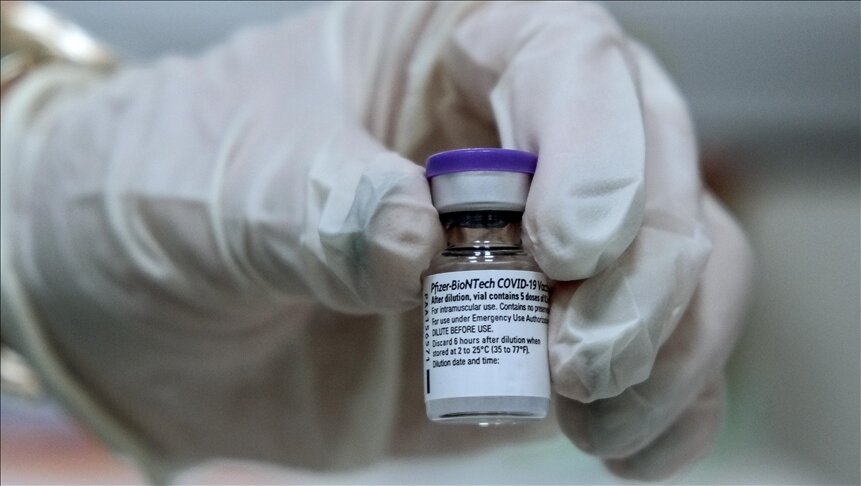Iran confirms import of Pfizer, Johnson & Johnson

TEHRAN – Two vaccines of Pfizer and Johnson & Johnson are licensed for emergency use in the country and will be allowed to be imported, Seyed Heidar Mohammadi, deputy head of the Food and Drug Administration, has announced
At present, six vaccines including, Sputnik V, AstraZeneca, Sinopharm, Bharat, Pfizer, and Johnson & Johnson have been licensed for emergency use in Iran, he stated.
“A contract is being prepared for the import of 2 million doses of Pfizer vaccines from Belgium over the next one to two months, provided that there are no international problems with currency transfer.
The Johnson & Johnson vaccine, manufactured in Germany, is also awaiting the finalization of international agreements. The country of origin has promised up to 5 million doses,” he said, Khabaronline reported on Wednesday.
Earlier in August, Alireza Raisi, the spokesman for the National Headquarters for Coronavirus Control, said that negotiation was underway with one or two European countries to purchase Pfizer and Moderna coronavirus vaccines.
Iranian Foreign Ministry spokesman Saeed Khatibzadeh said on September 11 that the country is facing no red lines in importing coronavirus vaccines, even Pfizer and Moderna.
In his August 11 televised address, Leader of the Islamic Revolution Ayatollah Ali Khamenei suggested that containing the rapidly increasing wave of the Coronavirus is the first and foremost issue of the country.
Placing great emphasis on the fulfillment of duties and the implementation of decisions regarding the Coronavirus pandemic, Ayatollah Khamenei said “the vaccine, whether imported or domestically produced, must be provided with double effort and in any way possible made available to all people."
"Fortunately, with the production of the domestic vaccine, its foreign import route is also paved, while before that, despite the payment for the vaccine, foreign sellers failed to fulfill their commitments," the Leader said, urging officials to take importation and production of vaccine seriously.
Vaccination paces up, mortality drops
In July, delta variant mortality peaked and recorded over 700 daily deaths, but the increase of vaccination pace reduced the toll.
Today, more than one million doses of vaccine are injected daily in the country, and many age groups of the elderly, rare diseases patients, teachers, university professors, health professionals, veterans, etc. have been vaccinated and now the process of vaccinating students is underway.
Studies show that people who are not vaccinated are 4.5 times more likely to develop COVID-19 than those who are fully vaccinated, and 10 and 11 times more likely to be hospitalized and die, respectively.
Mass vaccination against COVID-19 started on Iranian citizens with the Russian-made Sputnik V vaccine on February 9.
While Iran continues efforts to mass-produce local candidates, over 40 million doses of foreign vaccines have already been imported and others are expected soon.
Iran is also producing vaccines jointly with three countries of Russia, Cuba, and Australia.
FB/MG
